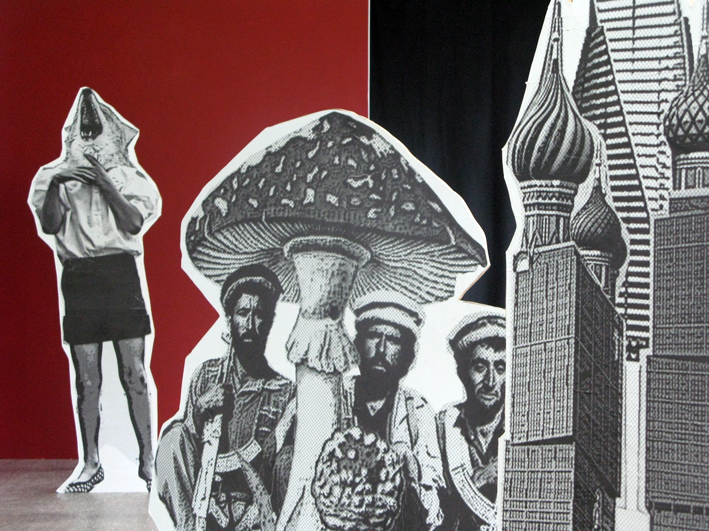
The Russian Woods
Chto Delat
A spectacular musical show which discusses the representation of a nation state, its characters and history. A learning play on myth construction and its reproduction.
Arika have been creating events since 2001. The Archive is space to share the documentation of our work, over 600 events from the past 20 years. Browse the archive by event, artists and collections, explore using theme pairs, or use the index for a comprehensive overview.

A spectacular musical show which discusses the representation of a nation state, its characters and history. A learning play on myth construction and its reproduction.
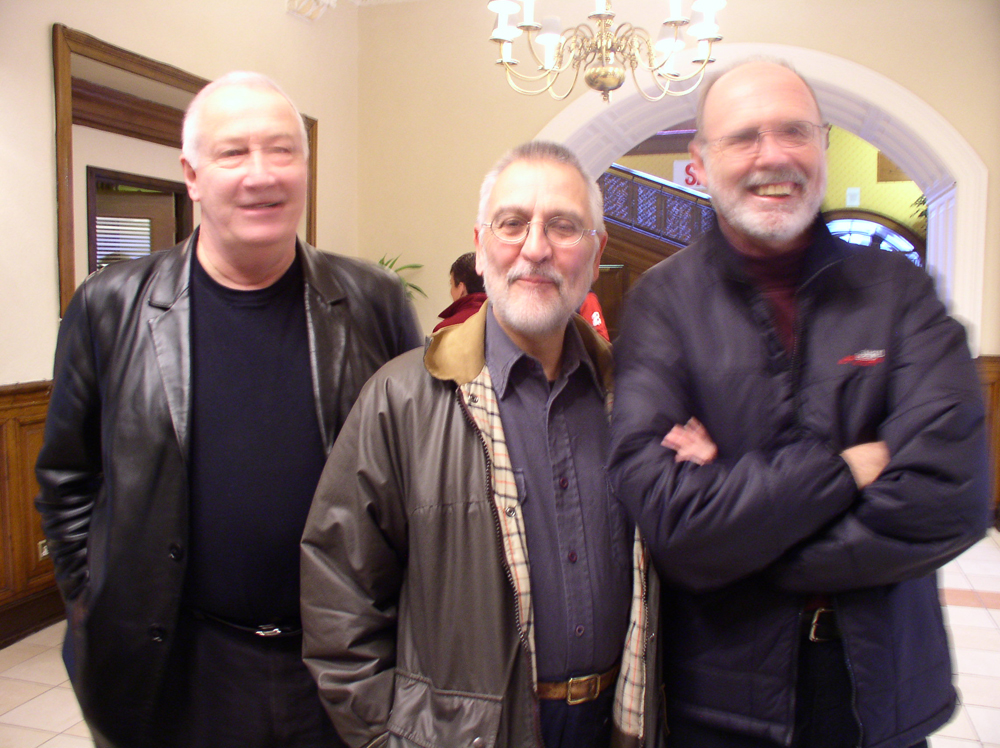
AMM have undoubtedly been among the most important contributors to the UK free improv scene for nearly 40 years and we are extremely proud to be able to be working with such distinguished musicians who still rarely play live in the UK.

No Wave, damaged garage jams and crazed instant vocal shrieks.
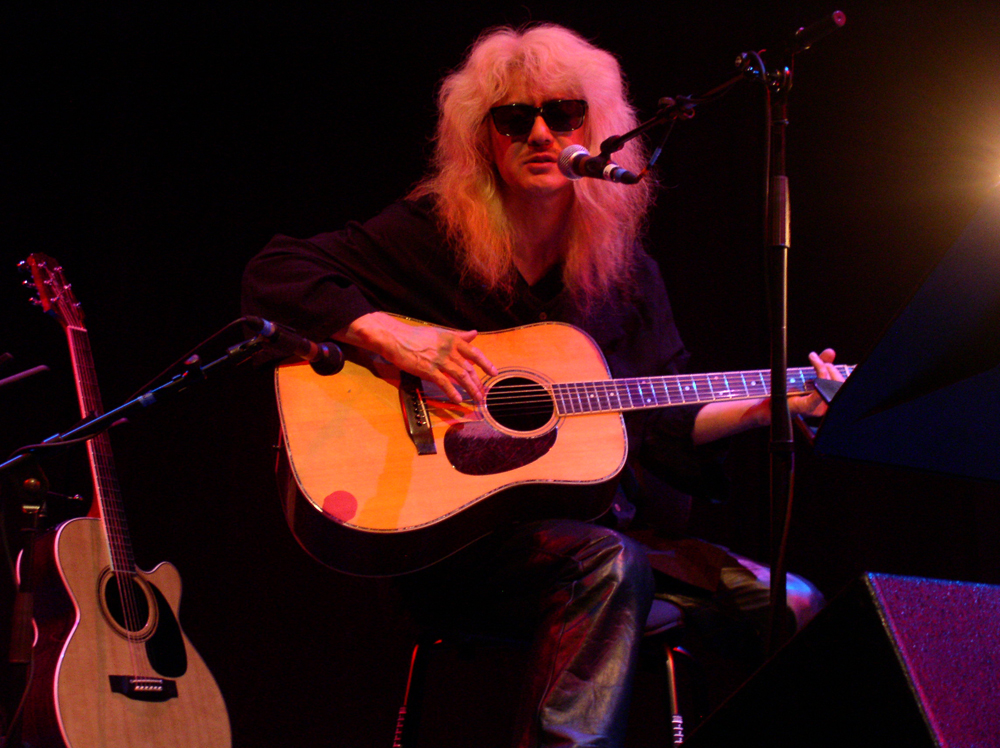
A confrontational and somehow shamanic stance; introspective silences shattered by savage jabs at the strings, whirlwind strums dying into spartan chords

Merzbow takes the junk of sound and transforms it into blistering noise assaults with an incredible spectrum and impact.

Journalist and underground music champion Alan Cummings talks to Keiji Haino about his career and his performance the previous evening.

Summing up of the investigations with a reflection on what has been done that week and what could be done the next.

Dave will lead a session created for teenagers and designed to stimulate a supportive environment for artistic exploration through music improvisation.
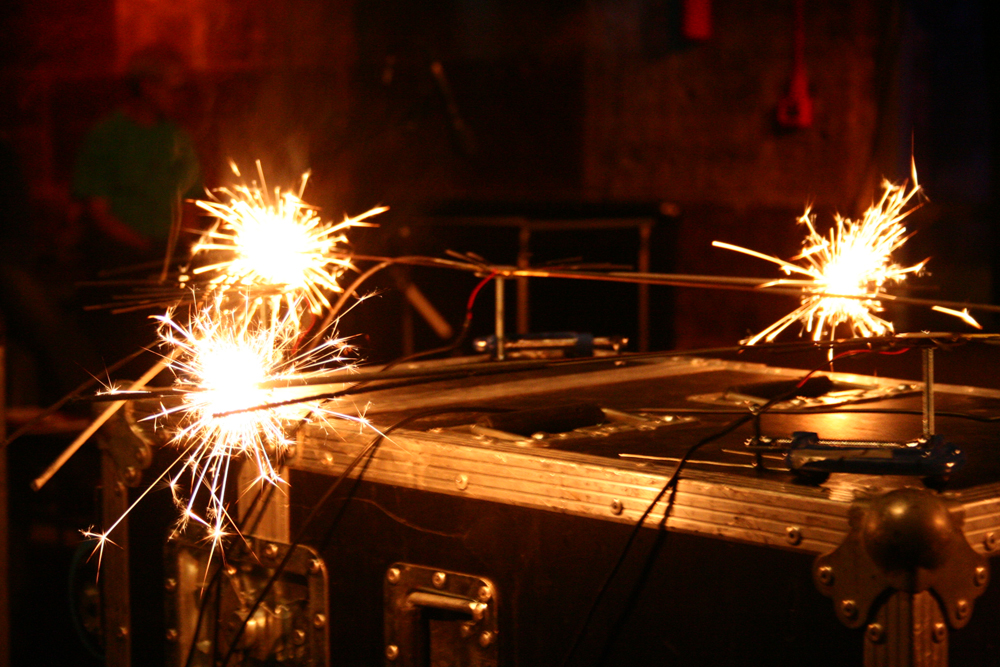
Sonic ‘observations’ of the world, through micro recordings on a tiny scale and transformed into something musically compelling.
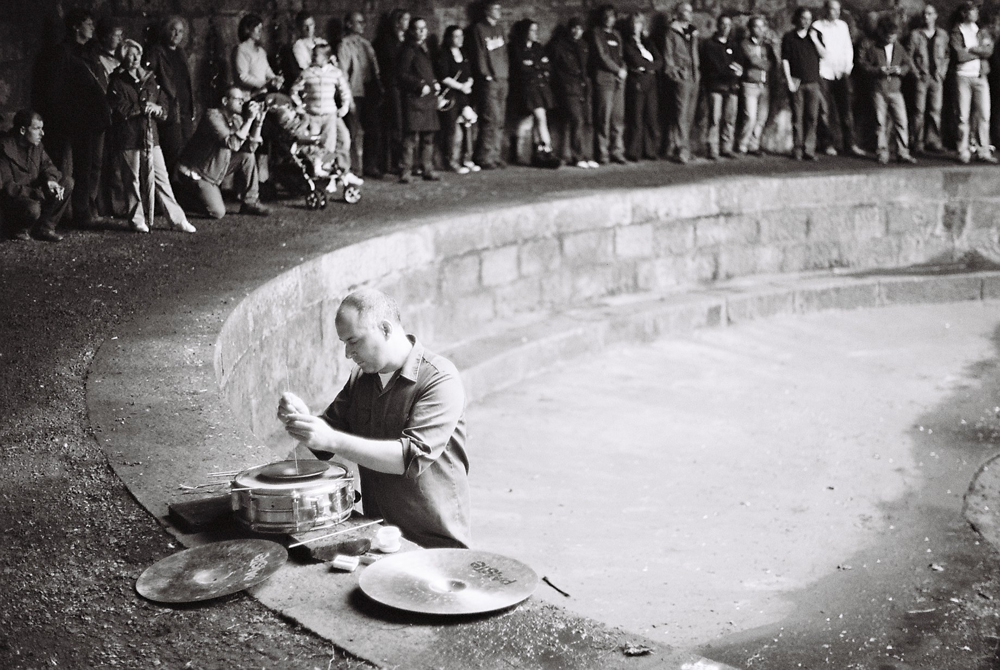
Disused railway turning circle at east end of Union Terrace Gardens, a historically public space at the centre of a regeneration land-grab for the private gain of a local petro-chemical magnate.

African American history, avant-garde jazz riffs and activism intertwine in experimental verse of extraordinary and affecting beauty that has to be heard.

Thought and action, writing and protesting. A chat with Nat Raha, KUCHENGA and Jackie Wang asking what can be learnt from writing across genres by agitators, activists and abolitionists?